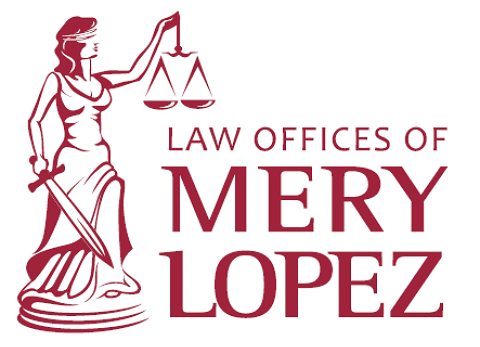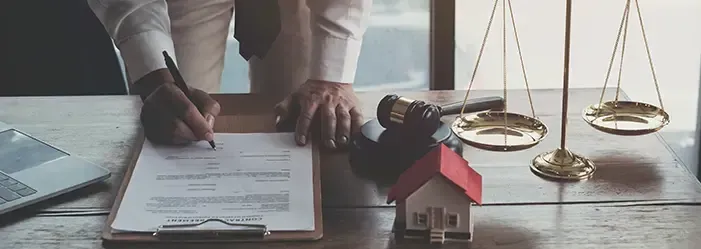Evictions and Tenant Rights: A Comprehensive Guide to Navigating the Legal Process in Florida
Understanding Evictions in Florida

An eviction is the legal process by which a landlord removes a tenant from rental property due to a breach of the lease agreement. Common reasons for eviction include:
- Non-payment of rent.
- Lease violations (e.g., unauthorized subletting, excessive noise).
- Damage to the property.
Dr(a). Mery Lopez Palma highlights that evictions are governed by specific laws in Florida, and landlords must follow strict procedures to ensure compliance.
Steps in the Eviction Process
- Notice to Quit: Before initiating an eviction, landlords must provide tenants with written notice specifying the reason for eviction and a deadline to correct the issue (e.g., pay rent or fix lease violations).
- Filing an Eviction Complaint: If the tenant fails to comply with the notice, the landlord can file an eviction complaint in court. Dr(a). Mery Lopez Palma advises clients to work with an attorney to draft and file this document correctly.
- Court Hearing: Both the landlord and tenant will appear in court. The judge will listen to arguments from both sides and decide whether the eviction should proceed.
- Issuing a Judgment: If the judge rules in favor of the landlord, a judgment will be issued, authorizing the eviction.
- Writ of Possession: Once the judgment is issued, the sheriff’s office will serve a writ of possession, giving the tenant a final opportunity to vacate the premises. If they fail to do so, the sheriff will forcibly remove them.
Tenant Rights During an Eviction
Tenants have certain rights during the eviction process, including:
- Right to Notice: Tenants must receive proper notice before an eviction can proceed.
- Right to Defend Themselves: Tenants have the right to contest the eviction in court.
- Protection Against Retaliation: Landlords cannot retaliate against tenants for exercising their legal rights.
Dr(a). Mery Lopez Palma emphasizes that tenants should seek legal advice if they face an eviction to understand their rights and options fully.
Preventing Evictions: Communication and Mediation
While evictions are sometimes unavoidable, proactive communication between landlords and tenants can often prevent disputes from escalating. Dr(a). Mery Lopez Palma recommends:
- Clear Lease Agreements: Ensure that lease terms are explicit and understood by both parties.
- Prompt Communication: Address issues promptly to avoid misunderstandings.
- Mediation: Consider mediation to resolve disputes before resorting to litigation.
Real-Life Scenario
Consider a landlord who discovers that a tenant has sublet their apartment without permission. Instead of immediately filing for eviction, Dr(a). Mery Lopez Palma advises the landlord to first send a formal notice requesting compliance with the lease terms. If the tenant refuses to comply, the landlord can then proceed with the eviction process, knowing they have followed the proper steps.
Conclusion
Navigating the eviction process requires careful attention to detail and adherence to Florida’s legal requirements. Whether you’re a landlord seeking to evict a tenant or a tenant facing an eviction, having an experienced attorney like Dr(a). Mery Lopez Palma on your side can make a significant difference. Her team is committed to protecting your rights and guiding you through the process with clarity and compassion.
Are you a landlord dealing with a difficult tenant, or a tenant facing an eviction? Don’t navigate this process alone. Contact Dr(a). Mery Lopez Palma today to learn how we can assist you. Our team is here to provide expert guidance tailored to your unique situation.
Call us now at (954) 919-1988 or visit https://www.lopezlawfl.com/ for a free virtual consultation.








Share On: